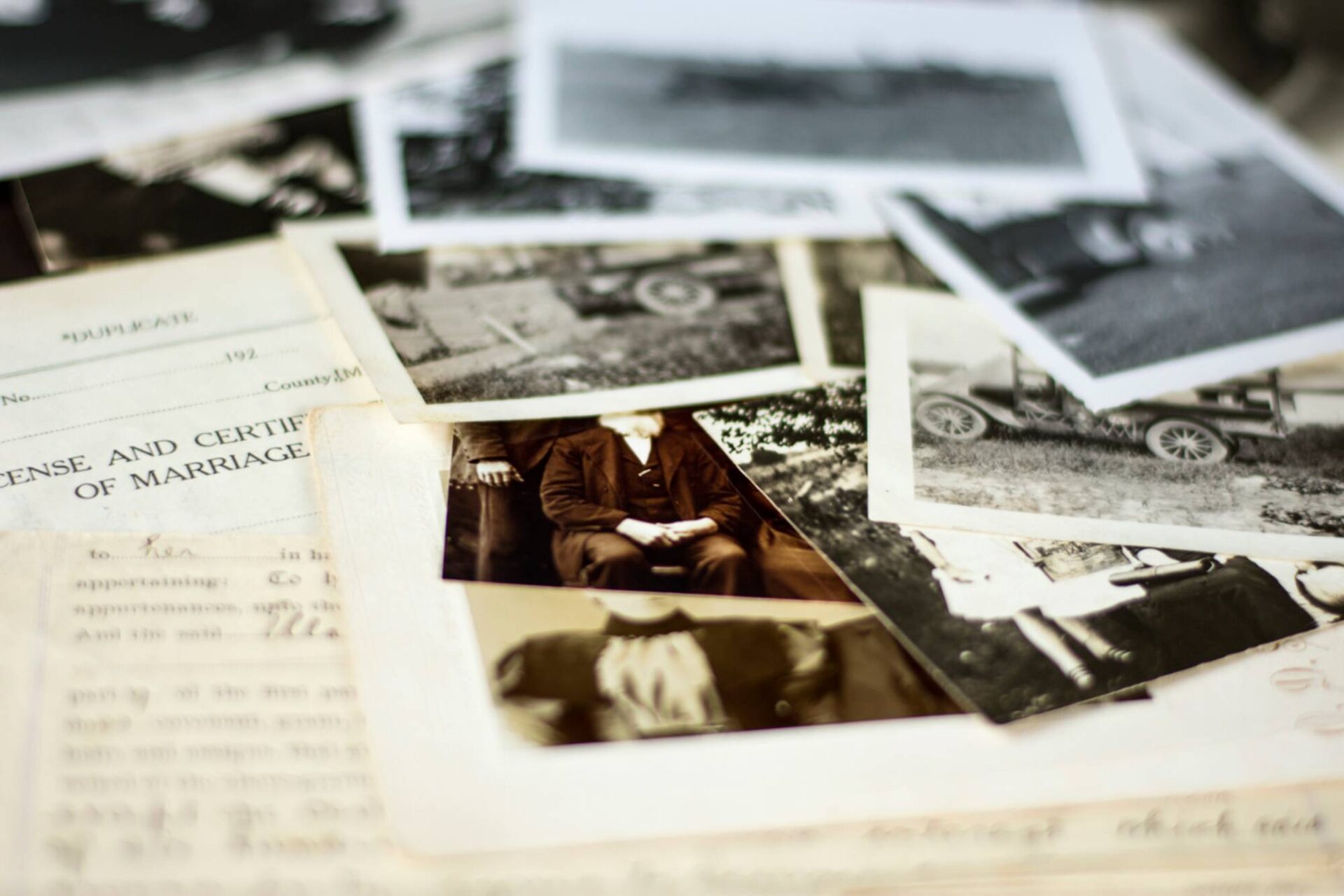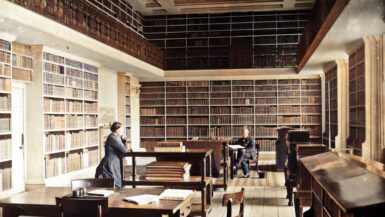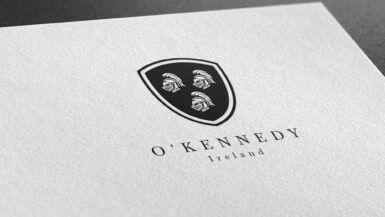The surname Baxter has origins that can be traced back to the medieval period, and it holds a particularly venerable place in the annals of Irish history. This name, although not originally Irish, has been present in Ireland since the Anglo-Norman invasion and has become ingrained in the tapestry of Irish genealogy.
Historical Assimilation into Irish Culture
The name Baxter is not of Gaelic origin but is derived from the Old English word ‘bakester,’ which was initially used during the Anglo-Saxon period in England. It was an occupational surname given to a female baker (a ‘bakester’) and later to male bakers (‘baxtere’) as well. Over time, as the Anglo-Normans invaded and settled in Ireland, the name Baxter was assimilated into Irish culture, alongside other Norman surnames.
Etymology and Meaning
Baxter, with its roots in Old English, is a fascinating study in the evolution of language and occupational titles. In Old English, the term ‘bakester’ was used specifically for female bakers, but as language evolved, it came to denote bakers of either gender.
Occupational Surnames
Occupational surnames like Baxter became popular as a means to identify individuals by their trade. Such names are a living history, offering insight into the economic activities of the past and reflecting the societal values of the time.
Earliest Known Usage
The earliest known usage of the Baxter name can be found in English historical records predating the Norman Conquest of 1066. These early instances of the name would have been purely occupational, before surnames were widely adopted as hereditary.
Records in Ancient Documents
Mentions of individuals with the name or variations of it appear in various medieval documents, including rolls and charters dating back to the 11th and 12th centuries.
Geographic Distribution
The Baxter name, while widespread in England, also found a place in Scotland and Ireland, each region adding its own cultural inflections to the name’s history and distribution.
The Name Across the British Isles
In Scotland, Baxter is a common surname, particularly in the eastern counties, which may reflect historical trade routes and settlements. In Ireland, Baxter can be found predominantly in counties that saw significant Anglo-Norman influence.
Original Geographic Location
The original geographic location of the Baxter surname within Ireland can be traced primarily to areas of Anglo-Norman settlement.
Anglo-Norman Influence
The Anglo-Normans, upon their arrival, settled extensively in the East and South of Ireland. These regions, including Leinster and parts of Munster, are where the Baxter name first appears in Irish records.
Migration Patterns
The Baxter name followed the typical migration patterns of Norman surnames in Ireland. Initially confined to the areas of early Norman influence, the name later spread throughout the country.
Post-Norman Settlements
Following the waning of Norman power in Ireland, many Norman families, including the Baxters, moved inward and northward, becoming more integrated into the Irish landscape and intermarrying with Gaelic families.
Historical Context
The Baxter family name in Ireland has weathered the complex tapestry of Irish history, adapting and evolving through various periods.
Notable Historical Events
The Anglo-Norman Invasion
The arrival of the Anglo-Normans in the 12th century marked the beginning of the Baxter name in Ireland. The family would have been part of the fabric of settlers who introduced new trades and skills, including baking.
English and Scottish Influence
Subsequent English and Scottish influence on Ireland, particularly after the Tudor conquest of Ireland, brought additional bearers of the Baxter name to Irish shores.
Involvement in Key Moments in History
Baxters would have been part of the broader societal shifts in Ireland, such as the Plantations and the tumultuous political changes of the 17th and 18th centuries, which saw many families re-establishing themselves in different parts of Ireland and the wider world.
Notable Irish Bearers of the Surname
Throughout Irish history, there have been many prominent individuals with the Baxter surname who have contributed to the cultural and political landscape of the country.
Famous Individuals
Richard Baxter: Although not Irish, the notable Puritan church leader Richard Baxter (1615–1691) had a profound influence on religious thought that would have reached Irish shores, especially during and after the Cromwellian conquest of Ireland.
Variations of the Surname
Surnames often undergo transformations as they are adopted in different regions and languages, and Baxter is no exception.
Spelling Variations
The name has been spelled in various ways, including Bakster, Baxstar, Baxstair, and Baxstare. These variations reflect both regional dialects and the evolution of English spelling.
Regional Differences
In Scotland, the name is often seen without alteration, whereas, in Ireland, it may sometimes be found translated or modified to fit the Gaelic phonetic and orthographic systems, although this is less common for Baxter than for some other surnames.
Current Statistics and Distribution
The Baxter surname remains relatively common in Ireland, though it is not among the most frequently found surnames.
Frequency and Global Distribution
Globally, the Baxter name is most prevalent in English-speaking countries, with significant numbers in the United States, Canada, Australia, and New Zealand.
Changes Over Time
The frequency of the Baxter surname has seen natural fluctuations over time due to changes in population size, migration, and other demographic factors.
Family Coat of Arms
Many Irish families of Norman descent adopted coats of arms, and the Baxters were no exception. The heraldic traditions often included symbols of the family’s origins or their trade.
Heraldic Symbolism
The Baxter coat of arms for the Baxer family varies; it typically include symbols representing the trade of baking, such as wheat sheaves or millstones. Individual family branches may have personalized their heraldry over time.






Leave a reply